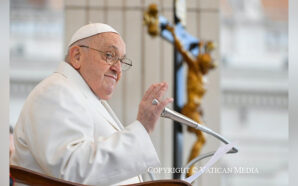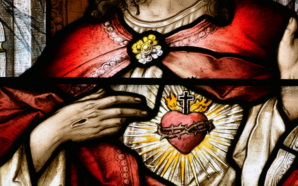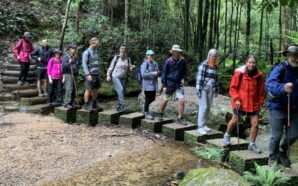24 November is the Feast Day of St Andrew Dung Lac and his Companions, Vietnamese martyrs
This feast commemorates over 100 Catholics, including lay and Religious, Vietnamese and foreign missionaries, who were killed in Vietnam. Their deaths, often by horrific torture, were inflicted over three centuries. We can best understand their lives and why they were killed by reflecting on the contrasting experience and concerns of Andrew Dung Lac, who was executed in 1838, and those of the Vietnamese Emperor Minh Mang who ordered his death.
Born in 1795, Dung An Tran adopted the name of Andrew Dung to mark his baptism at the age of 15. He studied Chinese and Latin and became a catechist. He then studied with the Paris Foreign Missionary Society and in 1823, was ordained to serve in rural parishes. In 1835, he was arrested under laws forbidding the Christian faith and released. To avoid future arrest, he changed his name to Andrew Lac. In 1839, he and a companion priest were again arrested, taken to Hanoi, and executed.
Andrew Dung Lac’s changes of name suggest the radical changes of identity involved in becoming a Vietnamese Catholic and a priest. He and other Vietnamese priests became foreigners and fugitives in their own land. Seen from their perspective, the emperor was a monstrous figure fanatically hostile to Christianity and incredibly cruel in his treatment of Christians.
When set within Vietnamese history, however, Minh Mang was a much more considerable person. Born into a royal family, he was born and trained to rule in a small kingdom with many enemies. In the course of his rule from 1820 to 1841, he consolidated and expanded the Kingdom and its vassal states, passed laws that distributed land fairly and adhered strongly to his ancestral Confucianism. He was also quick to act decisively against what he saw as threats to the Kingdom.
It was unfortunate for Christians that he saw Christianity as one of those significant threats. From his perspective, Western missionaries were not only agents of faith but agents of their nations. In opening Vietnam to Christianity, he feared that he would also open it to trade, commercial pressures and regime change at the hands of European powers. For that reason, he reversed a previous opening to Christian missionaries, expelled them and also banned Christian evangelisation.
Andrew died in a purge prompted by a revolt in southern Vietnam, participated in by Christian members of the Emperor’s family. Minh Mang suspected that the rebels had been encouraged by members of the Paris Foreign Mission Society. In response to this threat, he refused to allow European traders into Vietnam and declined to meet any of their legations. He feared that allowing trading stations or missionaries would license foreign powers to intervene on the pretext of protecting missionaries. It is easy to call him paranoid until we remember that the colonial powers regarded the protection of Christian missions as justification for military action. The French later appealed to it as grounds for its conquest and colonisation of Vietnam.
When we set Andrew alongside Minh we can see from Andrew’s life that Christian faith was not political. Minh’s story reminds us that ambitious people will inevitably use it politically as a means to power. The lives and the deaths of the martyrs testify to the power and inspiration of Christ who submitted to death for our salvation. The political background counsels us against reading into these deaths the moral superiority of Western culture and civilisation.
Fr Andrew Hamilton SJ writes for Jesuit Communications and Jesuit Social Services.








